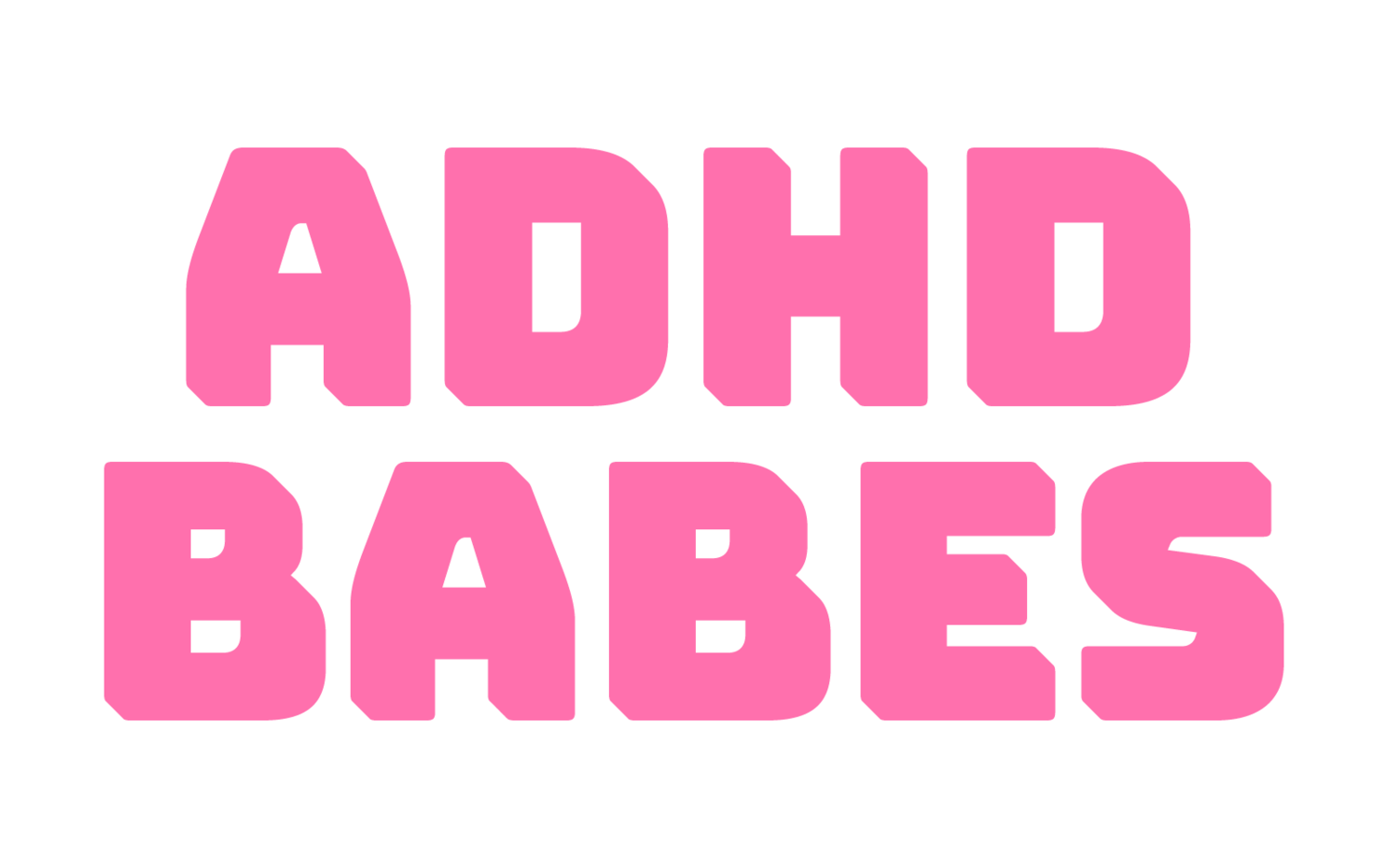Our Story
The intersectional impact of being a black woman or non-binary person with ADHD has unique disadvantages our organisation aims to address through specialist support, tailored workshops and community-centred outreach
There are 1.5 million adults in the UK with ADHD with just 120,000 adults formally diagnosed. ADHD services in the UK are overwhelmed with most boroughs having an average wait time of 18-24 months.
The intersectional impacts of being a black woman or non-binary person with ADHD has disadvantages that this project addresses and will continue to address with higher impact.
Why we do it?
Research shows that black women are routinely underdiagnosed and official figures in 2014 showed that we made up the highest percentage of people aged over 16 to screen positive for ADHD. Late diagnosis also increases the prevalence of other comorbid mental health issues, including depression and anxiety disorders.
Through our organisation's work, this overlooked and marginalised group have a safe space - by us and for us - to improve our wellbeing, self-understanding and life prospects.
We aim to start an assertive outreach project that will allow us to grow and maintain this space, with a more sustainable model.
Our group is at risk of:
- Isolation
- Undiagnosed and unsupported comorbid learning difficulties
- Common mental health conditions
- Unemployment
- Discrimination
- Lack of access to psychological interventions
- Lack of access to diagnostic services and treatment









